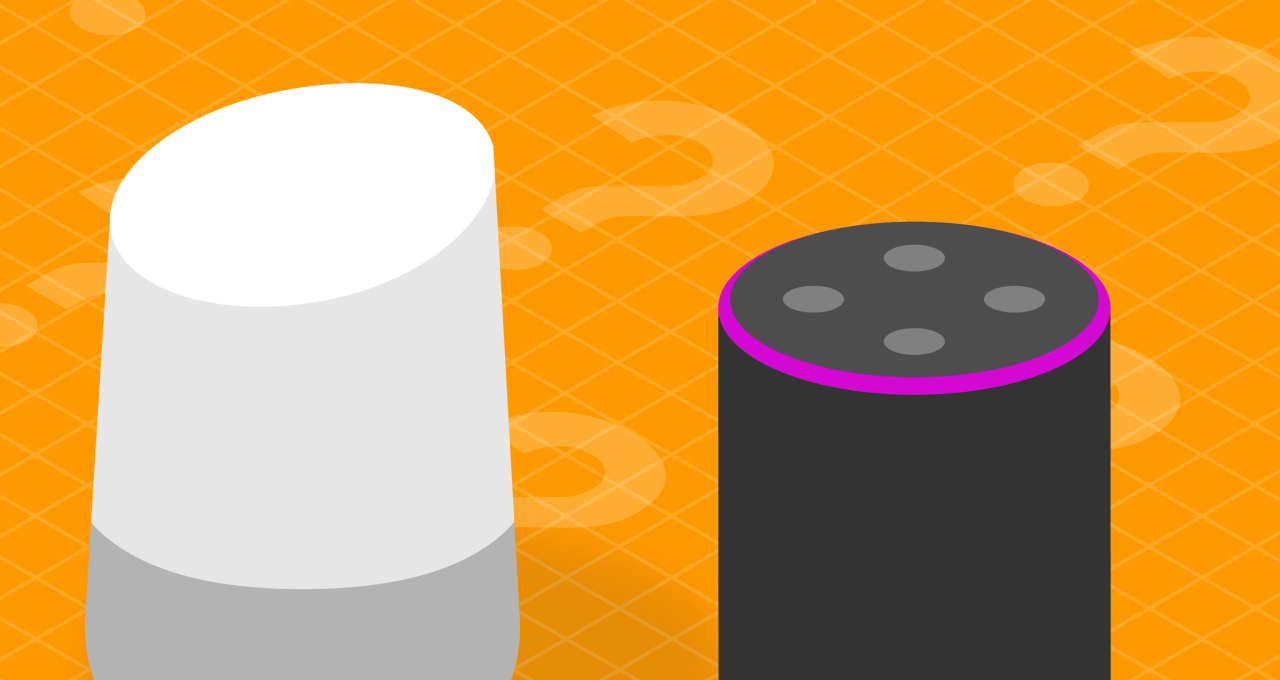Imagine having a conversation with your devices, effortlessly commanding them to fulfill your requests just through the power of voice. Sounds futuristic? Not anymore! The landscape of technology is changing, and according to a new forecast from Juniper Research, the number of digital voice assistants is poised to explode from 2.5 billion in 2018 to an astonishing 8 billion by 2023. As voice technology continues to evolve, it is essential to understand its implications for consumers and industries alike.
Where Will Voice Assistants Reside?
The majority of these voice assistants will reside on smartphones, where giants like Google Assistant and Siri dominate the market. Google has already made strides in this area, declaring its voice assistant would be available on a staggering one billion devices. But hold on; smart devices are not the only players in this game. Amazon’s Alexa has also achieved remarkable penetration, especially among smart speakers, reaching over 100 million devices.
Smart TVs: The Next Frontier
You might assume that smart speakers will lead this digital transformation, but Juniper Research predicts otherwise. Their forecast highlights that the smart TV category will witness the highest growth rate for voice assistants, projecting a remarkable 121.3 percent CAGR over the next five years. This shift indicates a significant pivot towards integrating voice technology into everyday viewing experiences.
Commerce in the Age of Voice
It’s a common misconception that voice assistants lack utility in commerce. The report contradicts this belief by asserting that voice commerce will dramatically escalate, potentially surpassing $80 billion annually by 2023. However, it’s crucial to note that this figure encompasses not only traditional purchases but also money transfers and digital goods. With a strong emphasis on digital transactions, voice commerce is set to reshape the landscape of how we experience shopping.
- Digital Purchases: The report forecasts that the majority of voice commerce will concern digital products, revealing a growing consumer acceptance of voice transactions.
- Visual Context: Devices like connected TVs and smart displays will provide the necessary visual support to enhance these experiences, unlike smart speakers that lack such functionality.
The Impact on Mobile Apps
While voice assistants surge in popularity, Juniper predicts a ripple effect on the global mobile app market. With an increased demand for multi-platform assistants, standalone apps from independent developers may witness a decline. As tasks that once required a smartphone app become manageable via voice engagement, expect a significant reduction in screen time.
Daily Lives and Voice Interaction
Interestingly, smart speakers are becoming habitual fixtures in users’ routines—more so than voice assistants on other platforms. This indicates a growing appetite for voice-only interactions, signaling a broader cultural shift in how we engage with technology.
Conclusion: The Road Ahead
As we approach 2023, the future of voice assistants appears increasingly bright. From transforming consumer behavior in commerce to altering the very fabric of our interactions with technology, these advancements pave the way for a more seamless and integrated digital experience. At **[fxis.ai](https://fxis.ai)**, we believe that such advancements are crucial for the future of AI, as they enable more comprehensive and effective solutions. Our team is continually exploring new methodologies to push the envelope in artificial intelligence, ensuring that our clients benefit from the latest technological innovations. For more insights, updates, or to collaborate on AI development projects, stay connected with **[fxis.ai](https://fxis.ai)**.

